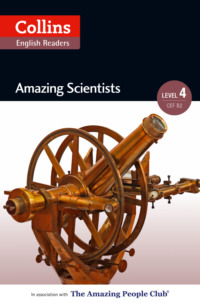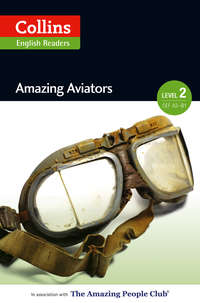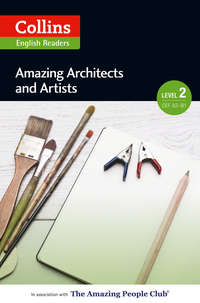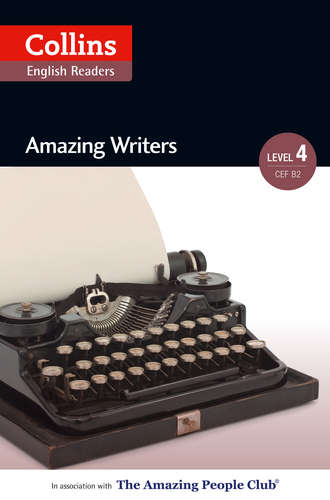
Полная версия
Amazing Writers: B2
Charlotte Brontë

1816–1855
the woman who wrote Jane Eyre
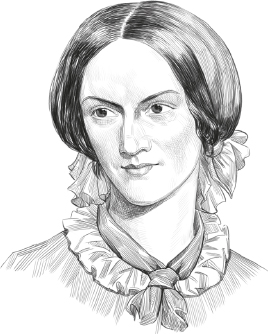
Writing stories was a way to escape from the ugly, sad, miserable moments in life. Even though much of my work was based on my life experiences and included those difficult parts of it, my novels were also based on my dreams of love and happiness.

I was born on 21st April 1816 in the village of Thornton, in West Yorkshire, England. I had four sisters – two were older than me and two were younger and I had a brother who was born a year after I was. My father, Patrick, was an Anglican vicar and my mother, Maria Branwell, was kept busy looking after her family. When I was 4 years old, we moved to a village not far away called Haworth, where my father had been given the position of curate at the village church. My mother had been unwell for some time and a year later, she died. We were looked after by her sister, who we called Aunt Branwell but whose name was Elizabeth.
My father, who was still very upset by my mother’s death, had difficulty coping with us all. In 1824, he sent me and three of my sisters – Maria, Elizabeth and Emily – to a school, the Clergy Daughters School, that was for daughters of Anglican church employees. Maria, who was 10 years old, and Elizabeth, at the age of 9, went there first in July. Then, in September, my father sent me and Emily. I was 8 and Emily was only 6 years old. My other sister, Anne, and my brother, Branwell, stayed at home.

The school was in a village called Cowan Bridge in the neighbouring county of Lancashire. None of the girls’ parents had to pay for their daughters to go to this school – all the expenses were paid by the church – and for this reason, we were called Charity Children by the teachers and the other people who worked there. It was horrible and made us feel ashamed and stupid. We were all given a special ugly uniform to wear and every time we left the school, to go to church for example, it showed that we were Church Charity Children.
Life at the school was unpleasant and difficult. When we arrived, winter was approaching and as it got colder and colder, we suffered. We slept all together in one large room where there was no heating. In the morning when we got up, we had to wash in cold water – on the really cold mornings, and there were many of them, we had to break the ice that had formed overnight in the bowls of water. Our uniforms were not adequate for the cold weather and the damp that was everywhere reached through to our bones and froze us. On Sundays after we got up, we had to say prayers for an hour and a half. Then we had to go to church. The church was five kilometres away and we had to walk there and back in all weathers. Our thin clothes gave us no protection against the cold, wind, rain and snow. We were always cold and we never stopped being hungry, as we were never given enough food. The food that they did give us was of poor quality and it often made us sick.
Конец ознакомительного фрагмента.
Текст предоставлен ООО «ЛитРес».
Прочитайте эту книгу целиком, купив полную легальную версию на ЛитРес.
Безопасно оплатить книгу можно банковской картой Visa, MasterCard, Maestro, со счета мобильного телефона, с платежного терминала, в салоне МТС или Связной, через PayPal, WebMoney, Яндекс.Деньги, QIWI Кошелек, бонусными картами или другим удобным Вам способом.


